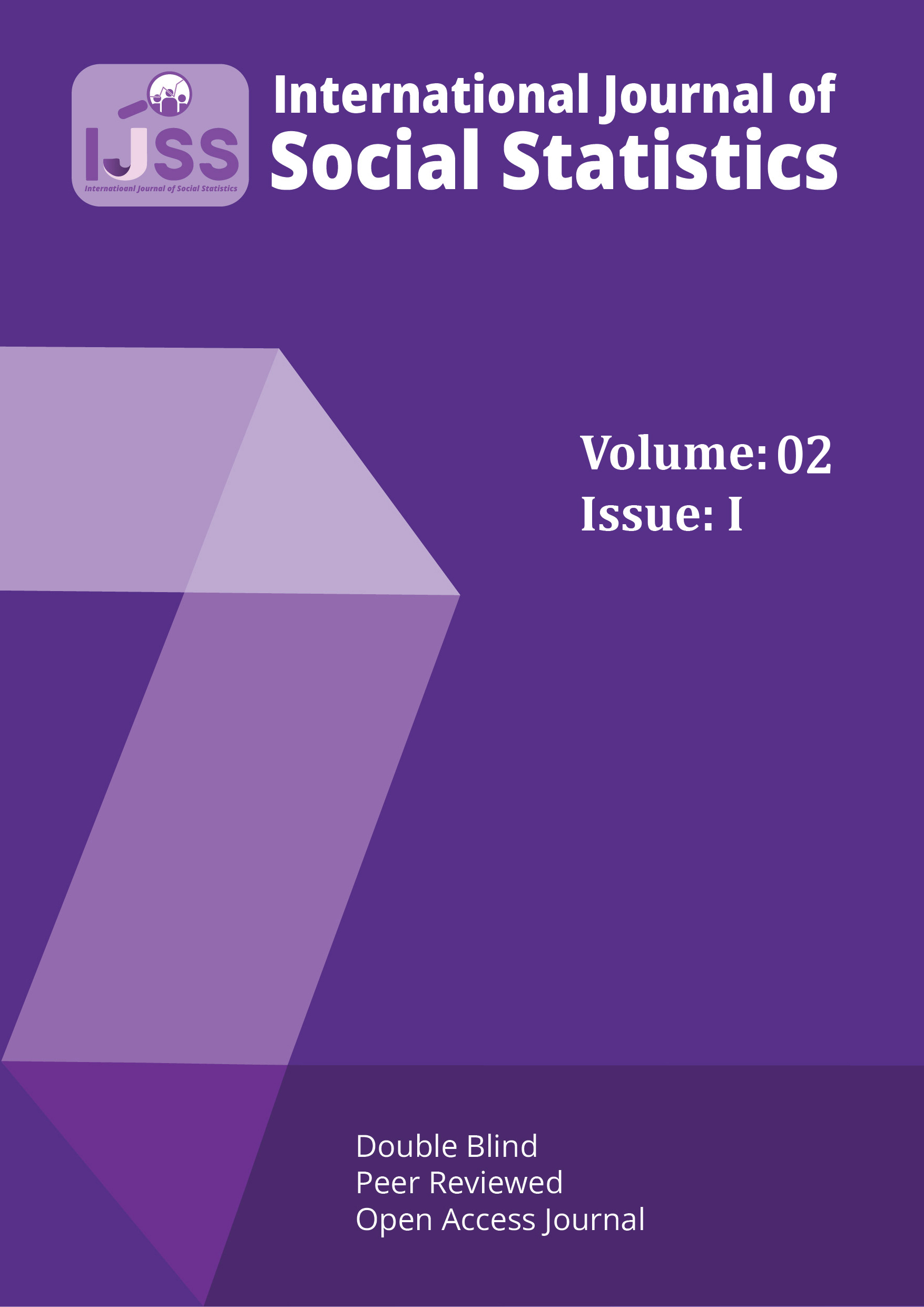Political Literacy of Undergraduates with Special Reference to Faculty of Humanities and Social Sciences at University of Ruhuna
DOI:
https://doi.org/10.31357/ijss.v2i01.7613Keywords:
Bonferroni Post Hoc Analysis, Hotelling’s Trace test statistic, Multivariate Analysis of Variance, Political Literacy, Wilk’s LambdaAbstract
Political literacy is a significant factor that guides citizens to correctly use the power of the vote. The literature has emphasised the drawbacks of liberal democracy due to the inactive citizens who only participate during elections and lack knowledge of political phenomena or attitudes, affecting the decision-making process. Identifying the factors affecting the political literacy of undergraduates at five levels: political expertise, knowledge, awareness, interest, and participation, was the core objective of the study. The sub-objective was to identify the difference among the levels of each factor. The sample was 299 undergraduates in the Faculty of Humanities and Social Sciences, University of Ruhuna, Sri Lanka, selected using a simple random sampling method. The primary data was analysed using descriptive and inferential analytical tools. The study used Multivariate Analysis of Variance (MANOVA) and Bonferroni post-hoc analysis to identify interdependent variables varying with five aspects of political literacy utilising Wilk’s Lambda and Hotelling’s Trace test statistics. Academic year, frequency of political discussions in the family, colleagues’ interest in politics, participation of societies and social works in the university, medium of studying, and nature of the living area were recognised as the significant factors that affect political literacy. The study revealed significant differences in five aspects of political literacy across various levels of the variables considered. Hence, there is variation in the political literacy of the undergraduates according to social factors. Considering the social factors, relevant authorities should implement a proper mechanism to enhance political literacy among the young generation.



